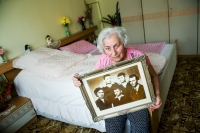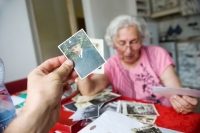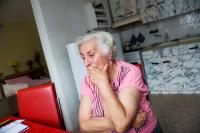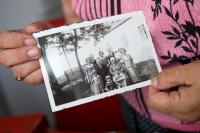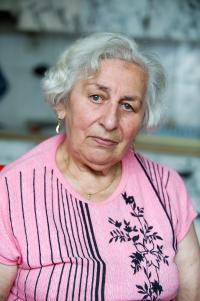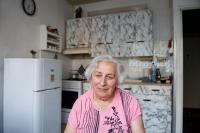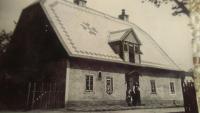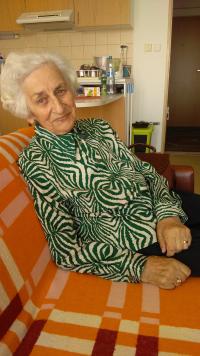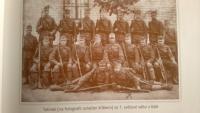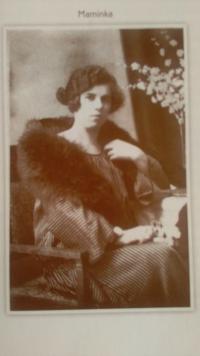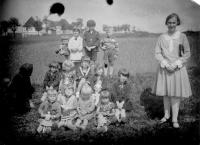My daddy used to say: I will not inform on anyone
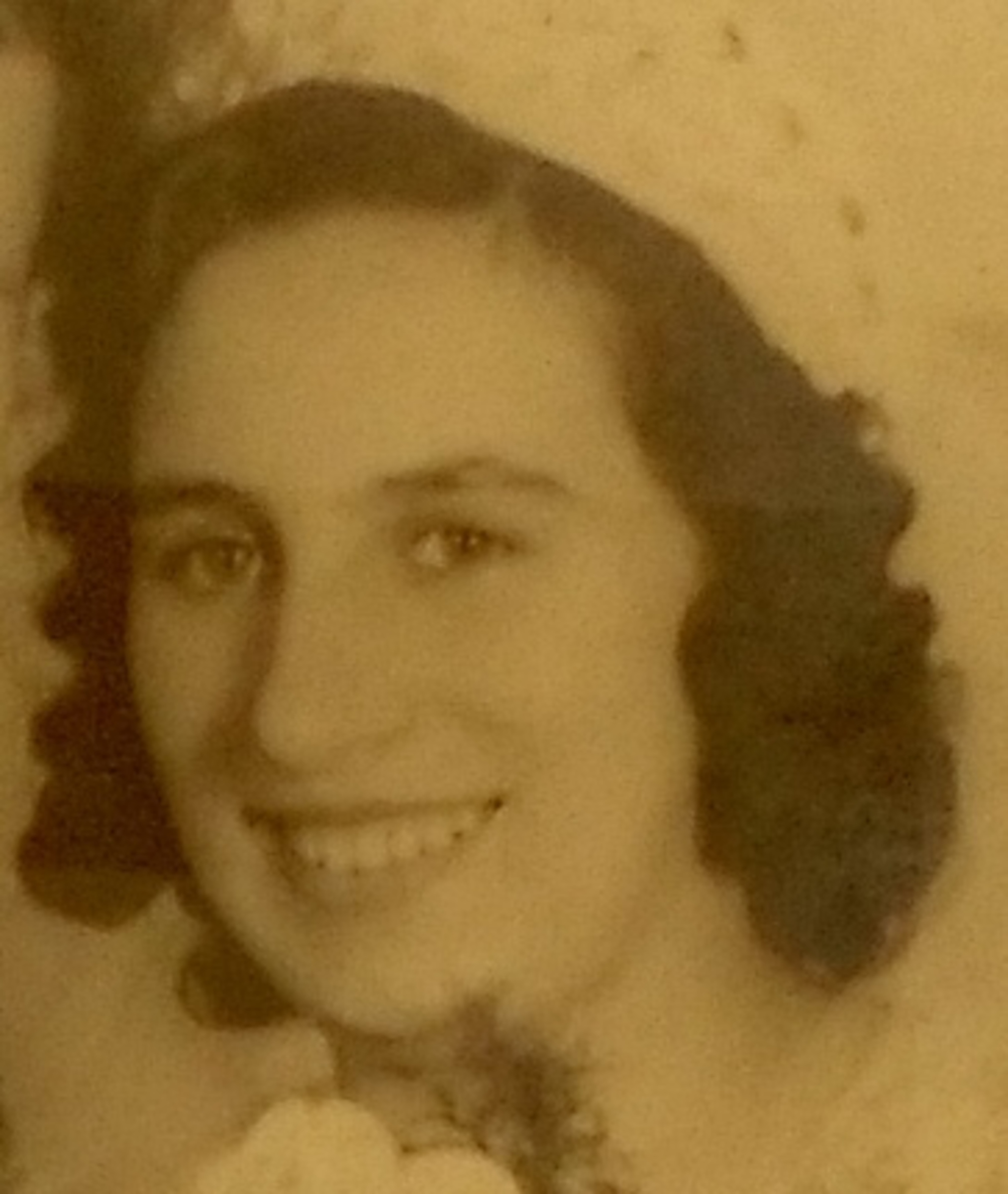
Download image
Hedvika Hurníková, nee Walterová, was born in the village Hora Sv. Šebestiána in the Krušné hory (Erzgebirge) on April 13th, 1926. Her parents were German. Her mother’s ancestors came from Sv. Šebestián. Her father married into there from a nearby village, Výsluní, in the year of Mrs. Hurníková’s birth. Her father was a postman, her mum earned some extra money by making bobbin laces. Mrs. Hurníková attended a Czech kindergarten and then a Czech primary school in 1932-1936. However, the majority was German there (especially children of civil servants). Finally, she attended a German school in 1936-1940. Mrs. Hurníková’s family was of social-democratic thinking. Her father, uncle and granddad were all active Social Democrats. They were all persecuted after 1938. Her uncle went through several concentration camps, her father was arrested for a short while, after which he lost his job. After two years of unemployment he got a job in Mannesmann Factory in 1940. Soon he had a work accident as a result of which he lost his leg. Having moved to Chomutov (Komotau) Mrs. Hurníková shared one room with her parents and a younger brother for five years. She stitched buttons in a large tailor workshop and she got the total appointment order (Totaleinsatz) in the firm Herold in Chomutov in October 1944. She got married in 1946. Her husband came to Chomutov from Vítkovice, they had three sons. From her 50’s till her retirement she worked as a chief accountant of the wage department in the supermarket Pramen. Since the 60’s she has been an active member of the Cultural Association of German Citizens. She has been the chairperson of Chomutov subdivision of this Association since 1989. She has been a member of the National Minority Committee by the Municipal Corporation of the town Chomutov since 2003. In our selection Mrs. Hurníková represents the Germans who were allowed to stay. Whereas most of them either came from mixed marriages or belonged to important specialists, the family of Mrs. Hurníková is ranked among the few Germans who were recognized as anti-Fascists by the Czechoslovak authorities.
